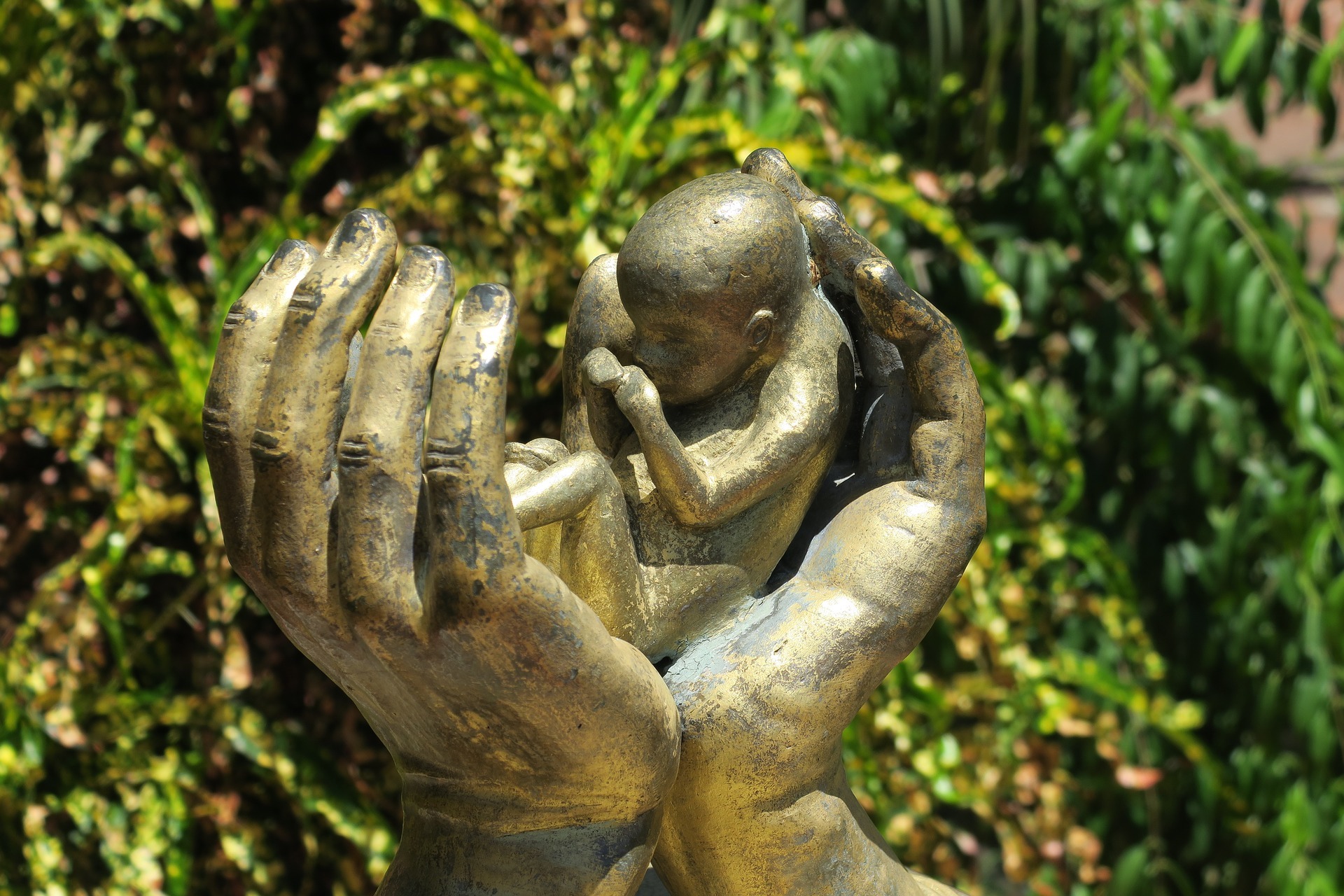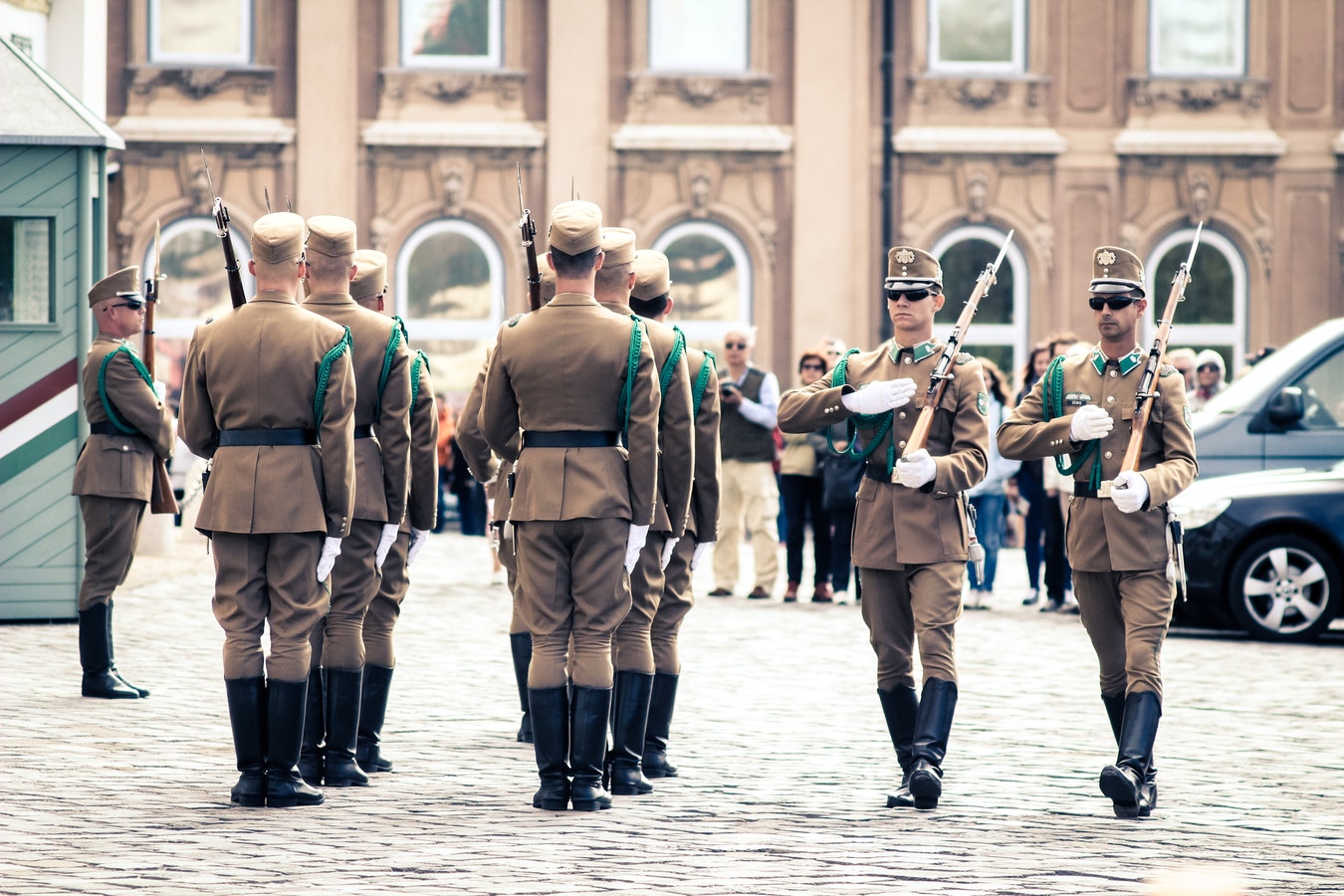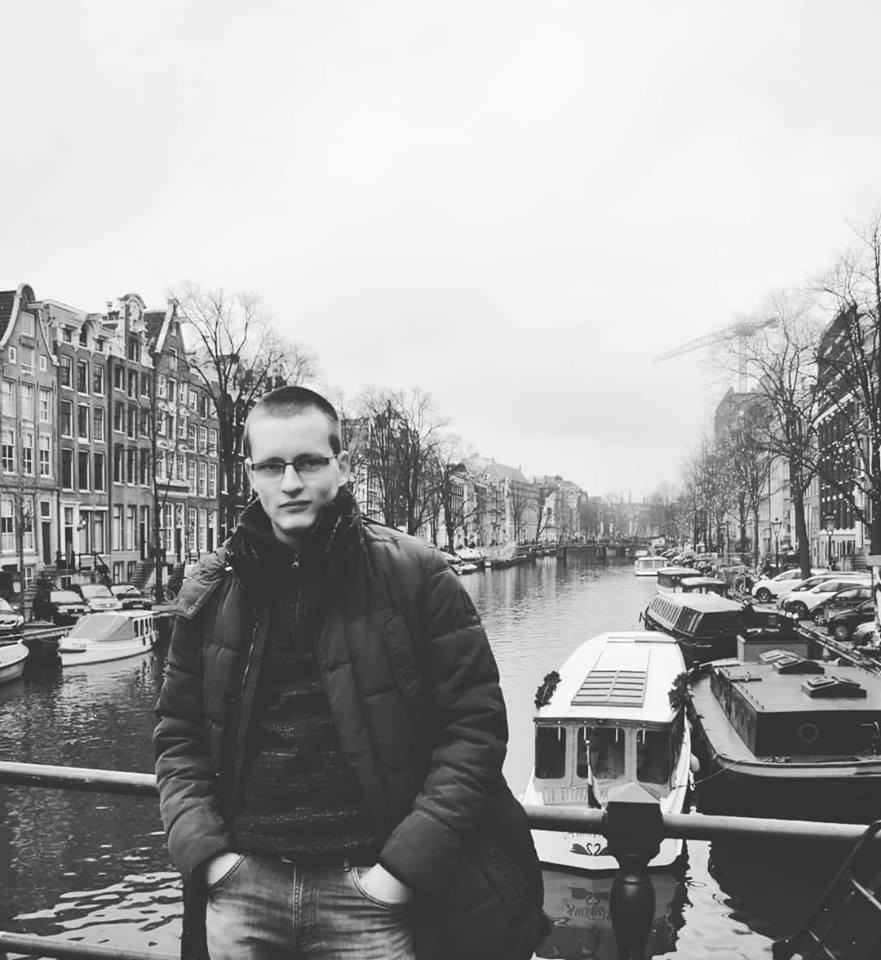Denitsa Dineva
It was the day of 22 October 2020, when Poland’s top Constitutional Court published its reasoning on a verdict that tightened the country’s already tough abortion laws.[1] The verdict means abortions will be permitted only in cases of rape, incest and when a mother’s life is endangered. The initial court ruling, issued in October 2020, stated that abortions for reasons of fetal abnormality violate the constitution, which effectively banned about 95% of the abortion procedures in the country. Furthermore, the PiS-aligned president, Andrzej Duda, argued for the permission to conduct abortions in particular cases (i.e. where there is a threat that a child may be born with life-threatening defects). However, it is specified that there will be no other exemptions, thus if a medical professional proclaims that a child will be born disabled, then the abortion ban would still be applicable.[2]
Of course, this occurrence has led to continuous process on both national and EU level. Large numbers of people (primarily women) gathered on the streets in Warsaw, disputing against this near-absolute human rights violation. Some even took the initiative to share their stores in front of the crowds: ‘I had an abortion two years ago, and all I felt was relief and that is completely OK. You have the right to feel this way. I have one life, and I have one body. Nobody else will live my life for me. That is why I have a right to decide for myself. And it is your right too’![3]
Most certainly, this is just one of the numerous stories gathered. In its international edition, The Guardian, a British-originated media site reported that those protests were estimated to be the largest protests that Poland has witnessed for the past 40 years. Because of the fact that Poland already had some of Europe’s most restrictive abortion laws, only around 1,000 legal terminations were performed each year up to October 2020.
Media platforms reported that there will be an estimation of 200,000 or more women leaving the country for the purpose of having abortions, or even worse – finding other (illegal, and perhaps not so safe) ways of still undergoing the procedure within the Catholic State.
Finally, it is notable to mention that this situation is not left ignored by external organizations. For example, there is the Abortion Without Borders, an abortion support network which specifically aims to provide information as well as support for women who suffer the consequences of this ban. Last but not least, donations are still accepted via the official website of this network, as specified below.[4]
[1] POLITICO, ‘MEPs condemn Poland’s near-total abortion ban’ < https://www.politico.eu/article/mepcondemn-poland-abortion-ban/ > Accessed 13 February 2021
[2] The Guardian, ‘Poland delays abortion ban as nationwide protests continue’ <
https://www.theguardian.com/world/2020/nov/03/poland–stalls–abortion–ban–amid–nationwide–protests > Accessed 13 February 2021
[3] The Guardian, ‘Sex is not a Crime: The Women Protesting Poland’s New Abortion Law’ < https://www.youtube.com/watch?v=VDKjCOFzVD0 > accessed 13 February 2021
[4] Abortion Without Borders: https://abortion.eu/








